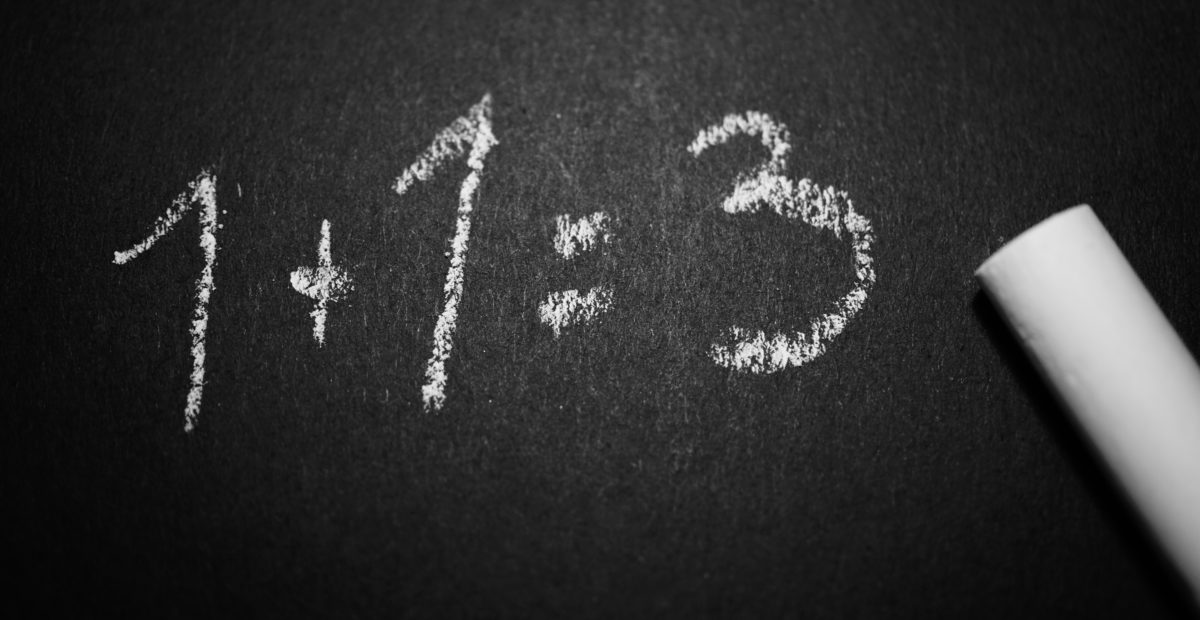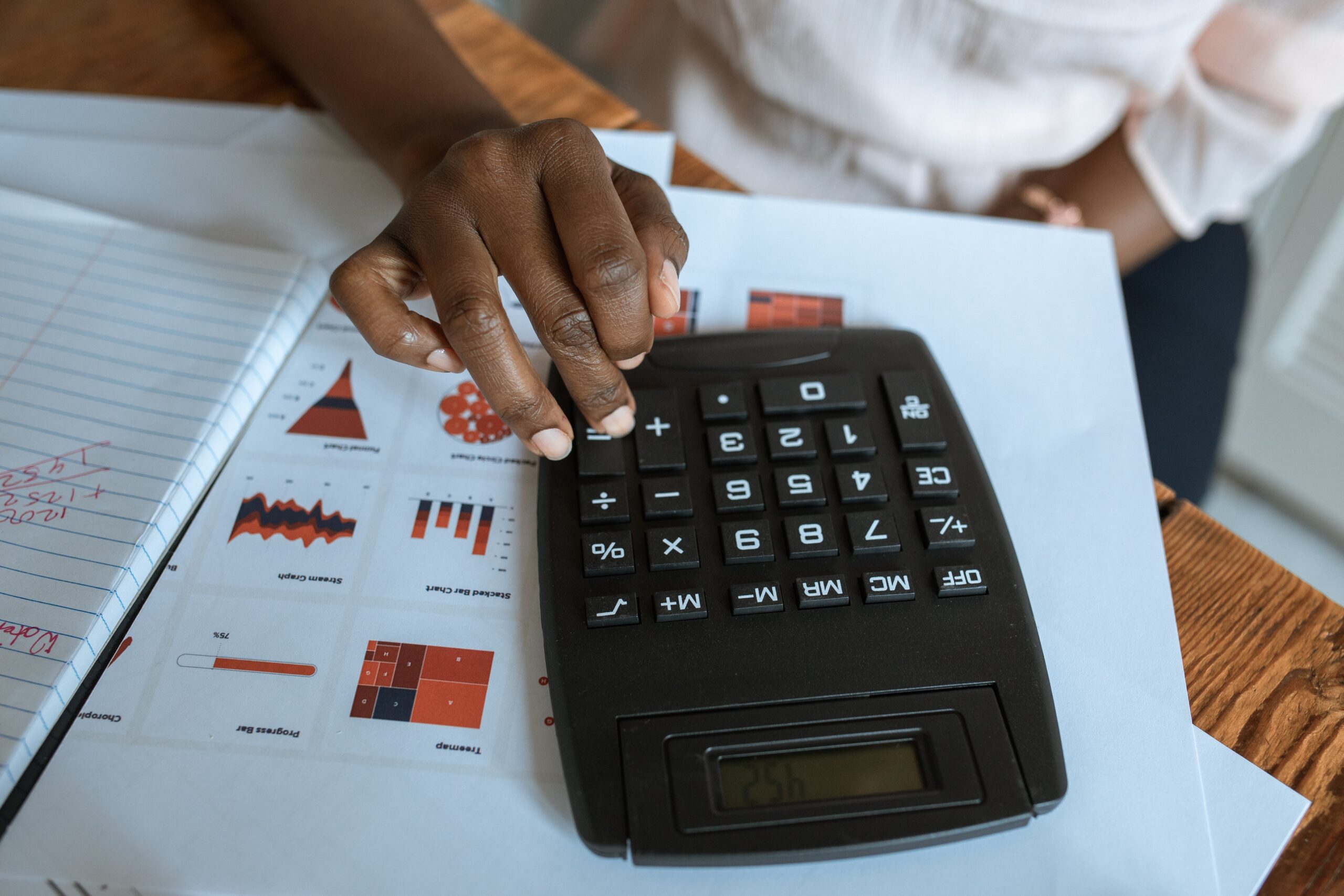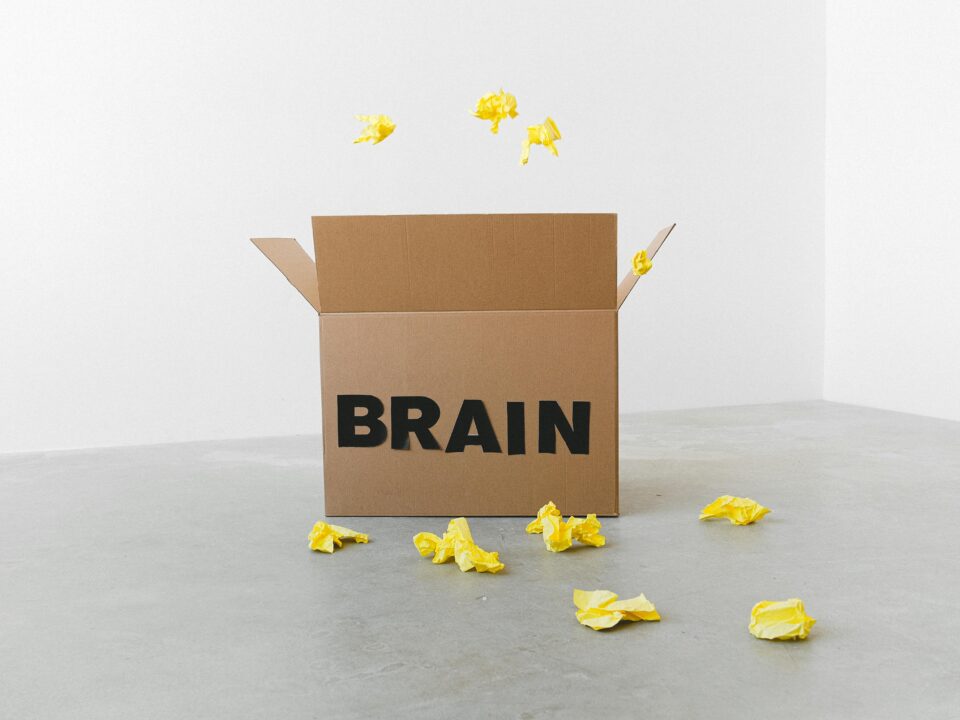What is Dyscalculia & What Are Dyscalculia Symptoms?

Featured image by George Becker, Pexels.com
Updated on 12th June 2023.
Dyscalculia is a stem from dyslexia where a person has trouble with numeracy, arithmetic and mathematical concepts.
What is dyscalculia?

Image by RDNE Stock project, Pexels.com
Developmental dyscalculia is a learning difficulty that affects someone’s ability to understand number concepts and acquire mathematical skills. Dyscalculia is not dependent on IQ or general intelligence and can be found across all ages, genders and ethnicities.
What are the causes of dyscalculia?

Image by Vanessa Loring, Pexels.com
Researchers don’t yet have a definite answer for what causes dyscalculia, but a few possible causes have been identified. It’s thought that the learning difficulty may be caused by genetics, as it tends to run in families. If a parent has dyscalculia, there’s a good chance that it may be passed down to their child.
In addition, some brain imaging studies have shown dissimilarities between the brain structure of people with and without dyscalculia. These studies have shown differences in the thickness and volume of parts of the brain used for mathematical processing.
What are the symptoms of dyscalculia in adults and children?

Image by Yan Krukau, Pexels.com
- Difficulty with planning, scheduling and being on time
- Finding it hard to recognise digits
- Having trouble with placing values
- Difficulty with following timetables and meeting deadlines at school, college, university or work
- Trouble with memorising different kinds of number such as prices or telephone numbers
- Difficulty with carrying on from and borrowing from numbers in equations
- Struggling to tell the time on analogue clocks
- Trouble with counting backwards
- Getting digits back to front
- Frequently repeating digits too often
- Missing digits
- Forgetting mathematical procedures, especially more complex ones such as long division
- Weak mental arithmetic skills
- High levels of maths anxiety
- Performing calculations more slowly than others
- Having a poor sense of number and estimation
How Dyscalculia Affects Students and Adults

Image by Katerina Holmes, Pexels.com
Students who have dyscalculia at school, college and university can have trouble with maths lessons while adults who have it can struggle with tasks such as budgeting, driving (e.g. recording mileage or calculating distance), cooking (e.g. knowing the quantities of ingredients for a recipe or what oven temperature to use), DIY or home maintenance (e.g. reading measurements on tape measures), reading transportation timetables and helping their children with their homework.
How is dyslexia different from dyscalculia?

Image by Monstera, Pexels.com
Dyslexia is a learning difficulty that primarily affects the skills involved with accurate/fluent reading and spelling. Whilst it can also cause struggles with maths, this is not the sole sign of dyslexia.
On the other hand, dyscalculia is specific to difficulties with numerical concepts and doesn’t cause trouble with reading or spelling. In fact, many people with dyscalculia are great with words!
Advice for parents of children with Dyscalculia

Image by Gustavo Fring, Pexels.com
Parents who are concerned that their children may have dyscalculia can discuss this with the special educational needs co-ordinator (SENCO) at the child’s educational facility or their GP. Extra maths coaching or tuition may be beneficial with children who have dyscalculia. Children who have suspected dyscalculia need to be referred to an educational psychologist by relevant school staff, such as SENCOs.
Is there a test for Dyscalculia?

Image by Anna Shvets, Pexels.com
The following websites have screening tests for teenagers and adults to determine if they have dyscalculia. Please note that these screening tests should only be used as indicators of dyscalculia, not formal diagnoses.
Dyslexic.com (Note: The cost of this ranges from £30.00 – £600.00)
Exceptional Individuals (Note: This screening test is free.)
Teenagers and adults who have taken any of the above tests may wish to book an appointment with their GP to discuss the results. The GP may then refer them to an educational psychologist through the British Dyslexia Foundation. Since the NHS do not classify dyscalculia as a medical issue, a test with an educational psychologist can cost £450.00.
Am I Struggling with Math? Webinar
Nat Hawley, our Head of Community, has hosted a webinar about dyscalculia. The webinar includes various maths questions that viewers can answer to determine if they’re dyscalculic. The webinar is not intended to diagnose dyscalculia. Only a medical professional can make a diagnosis.




